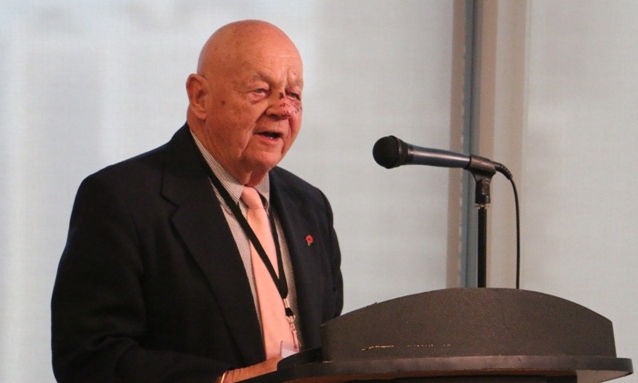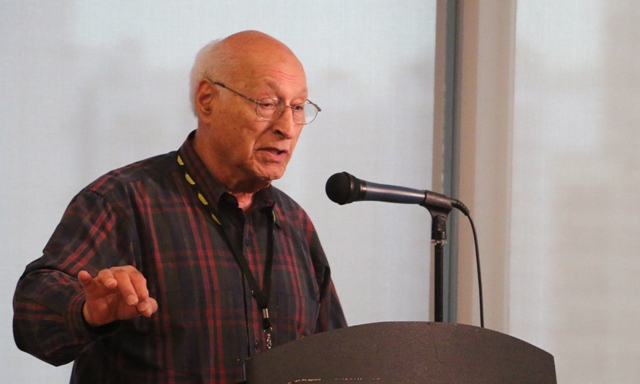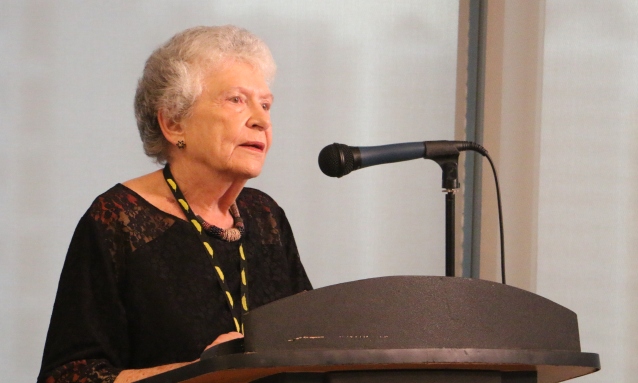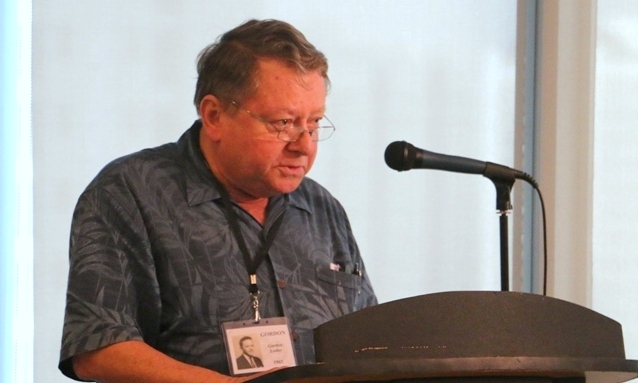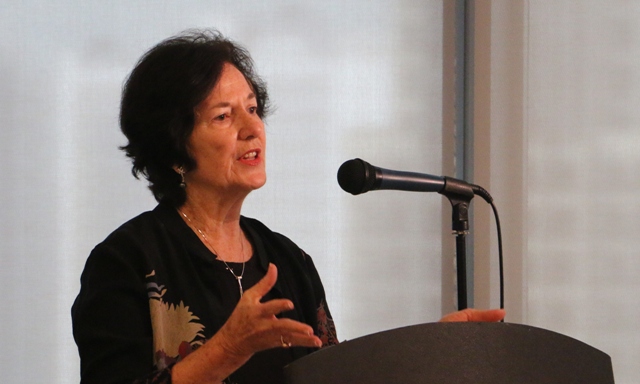Philippines to the rescue: 6 tales of Jews' escape from Nazis
MANILA, Philippines — Hans Hoeffler, Ralph Priess and Margot Cassel Pins were born in Nazi-torn Europe and fled their homes with their families to seek refuge in the Philippines, the only country that welcomed World War II's most scorned victims.
Gorden Lester, Celia Tischler Black and Mary Faquhar, meanwhile, came from Jewish families who fled the persecution by their own countrymen in Austria and Germany at the start of what would be the costliest worldwide conflict in history.
READ THE HISTORY: How the Philippines outsmarted the Nazis
On Tuesday, the six of them converged in one event, some of whom flew from the US, to tell of their stories and express their gratitude to Manila, the "Pearl of the Orient," which became their second home.
The anthems of the Philippines, United States and Israel were played and the six storytellers of the day mouthed words of the hymns of their native and adoptive motherlands. Here are snippets from their stories:
Hans Hoeffler
Hoeffler's father worked for a German machinery company but was sacked as he faced false accusations as a result of anti-Semitic Nazi policies. "They were going to arrest him," Hoeffler recounted in the reunion hosted by the Israeli Embassy in Manila and the Pilipinas Sandiwa Heritage Foundation.
His family moved to Madrid to escape when they were tracked by his family's company to warn them. "There's a war coming. We're going to send you as far away as we can. We're going to send you to the Philippines," Hoeffler said.
Ralph Preiss
His father, a Jewish doctor, was not immediately dismissed from his job for his religion as the Nazi government needed more doctors.
Eventually, however, the Preiss family realized that their lives were at risk and learned they could escape to the Philippines in 1938. The family arrived in Manila in 1939 and settled in Liliw, Laguna distributing medicines until the Japanese occupation when they were forced to hide on Mount Banahaw.
Preiss studied engineering at the University of the Philippines for his first year in college, hoping to land a job in power firm Meralco. It was the time when the Manila campus was moved to Diliman. His studies, however, were discontinued when a storm destroyed the Engineering building. He was then accepted at the Massachusetts Institute of Technology, but his parents stayed behind.
Ralph's father helped the Diosdado Macapagal administration rid sugarcane fields of rats and averted a sugar crisis.
Margot Cassel Pins
Pins' father fought for Germany in World War I. The Nazi government, however, enacted edicts discriminating the Jews in the workplace and forced him out of his job. Jews were also prohibited to use public places and first thought of escaping to Argentina. The Latin American country, however, prevented the entry of Jews. Pins recounted that as a child, she heard one day her parents practicing to speak English.
"The next thing I know is, we were being hosted in Breslau, the town I was born, because we were going to the Philippines," Pins said.
Pins also witnessed the siege of Manila. She eventually migrated to the US with her husband, an American soldier, when the Philippines was liberated from the Japanese. Her recent return to the Philippine capital was an emotional occasion for the former war refugee.
"I went to Philippine Women's University," Pins said, citing her alma mater. "I can only say I returned to them and it was for me, returning home to love and care and attention. It was overwhelming."
Gordon Lester
Born in Pasay City in 1946, Lester would later ask his parents about their experience in World War II, when they fled to safety from Germany to the Philippines.
Lester shared that his parents suffered in a Nazi-run concentration camp in Buchenwald. They were able to get their freedom after a month of hard work, hunger and degrading conditions in the camp. Eventually, they came to the Philippines, which had an open-door policy to fleeing Jews.
"Well the last thing that I want to say is, I am sure all of us will agree, we used the words the generosity of the Filipinos. Very very true. So I want to thank you," said Lester as tears welled-up.
He also said his father refused to leave the country saying, "The Philippines saved my life."
Celia "Topsy" Black
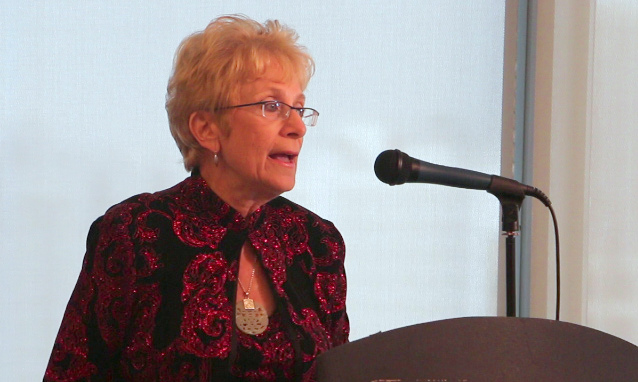
Black's father survived Kristallnacht (night of the broken glass) by living outdoors. "His bride, my mother, brought him food and change of clothing. He slept on park benches with drunks and hid with the populace during the day," she said.
The family was warned by the notorious Martin Bormann, chief of the Nazi Chancellery, of Hitler's "final solution" to exterminate the Jews in Europe and the world. He was the husband of Black's Catholic aunt.
Bormann gave them legal documents allowing them to leave the country. Originally destined to flee to Shanghai, the family got off when the ship docked in the Philippines.
"The Philippines was opening its doors to Jewish people fleeing for their lives," Black said.
Mary Faquhar
The family of Faquhar, who was born in Manila in 1943, came from Austria, invaded by Hitler's troops in 1938. Faquhar recounted how his father, a physicist, lost his teaching job at a Vienna University when the Nazis took over in 1939. Her mother, a physical education teacher, also lost her job as a physical education teacher at a local high school.
Faquhar said his parents later arrived in the Philippines where his father accepted a job teaching physics at the University of the Philippines in Baguio.
"I think of all of the refugee families, my parents were the only ones who decided to that they wanted to become Philippine citizens, and we [were] naturalized on the 11th day of March 1950," Faquhar said. - with Mike Frialde
- Latest






